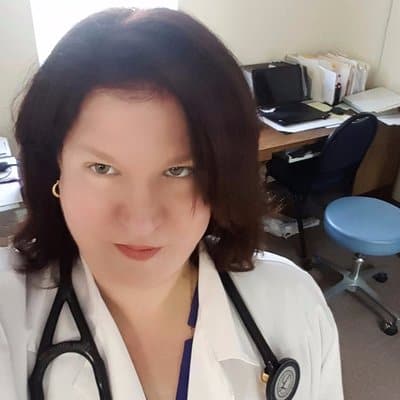During the past several weeks, the news about the US healthcare system has been dire. ICUs are at capacity, and patients are spending days in emergency rooms because there are no available beds. There are stories of people needing medical care being turned away because there is no capacity to care for them.
While Omicron seems to have now peaked, hospitalizations tend to peak later than infections, so the crisis is far from over. Additionally, since the pandemic started, we’ve seen COVID surges subside only to discover a new variant rearing its ugly head and starting a deluge worse than the one we just weathered.
Why is our healthcare system so overwhelmed by the COVID pandemic now?
- The sheer number of cases is stunning. COVID is proving to be one of the most contagious viruses we’ve seen in our lifetimes. While the majority of people survive, many need to be hospitalized. Also, many people get scared and go to the ER because they don’t know what else to do.
- As happened at the start of the pandemic, we now have limited testing capability. Not everyone who wants or needs a COVID test can find one. While the Biden administration is now promising free home tests to American citizens, production was not ramped up when it was needed: before Omicron surged. It could have been predicted, because it started in other countries before it reached our shores. How can healthcare workers appropriately treat patients with COVID if we have to struggle to even get them tested?
- Nurses are in short supply. It’s much easier to bring in new beds and set up field hospitals than to create new workers. However, patients can’t be put in beds that do not have skilled nursing staff to monitor them. It takes years to train a nurse. They can’t be replaced with ancillary staff. Nursing is not just about turning knobs and adjusting drips. Doctors rely on the medical knowledge of nurses to alert us when there is a problem. If someone is not educated to be a nurse, they do not have this acumen. We need more nurses.
- Doctors are overwhelmed. Our caseload is something we’ve never seen before in our lives. We are seeing many more patients and patients who are sicker than what we are used to. Also, as the virus evolves, so does our understanding of how to treat it. We are in a constantly revolving door of learning new medical information and keeping up to date with current guidelines. There is little incentive to continue to subject ourselves to the whims of the pandemic, and it is quite traumatizing for many of us.
- Too many people are dying. The news showed the refrigerated trucks that had to be called in to contain the large number of dead. While people are appalled to see this footage, healthcare workers are living it in real time. We were not trained to watch people die. We went into medicine to save lives. I’ve had more patients die in the past 2 years than in the previous 20 combined. As a family doctor, my patients and their families become very close to me. So many patients bring their grief to me about someone they lost. It is hard for healthcare workers to watch this death and bear this grief day after day. I think it may lead to some leaving medicine at a time when we need all hands on deck. A few physicians in my area have retired recently. The rest of us can’t carry this extra load.
- Misinformation is hampering our efforts. People are not following public health recommendations for various reasons. The numbers could be much lower if the nation had a more concerted effort to end the pandemic. We’re not only fighting a deadly virus, but we now have to war against lethal messaging. Attacks, both in real life and virtual, against healthcare workers sharing best practices can get quite nasty. We don’t have time allotted for battling these attacks, but we must fight them anyway, or we will never end the surges assailing us.
Our healthcare system is at a breaking point. Not everyone who needs medical care can be accommodated. Living in the US, it has always been that if you have a medical emergency, you know the ER is there for you. Those days are over, at least for now. If we are forced to continue under the current strains, many are going to leave healthcare, creating further shortages. When that happens, years will be needed to train new healthcare workers. What are the sick going to do until then?


 PWeekly
PWeekly